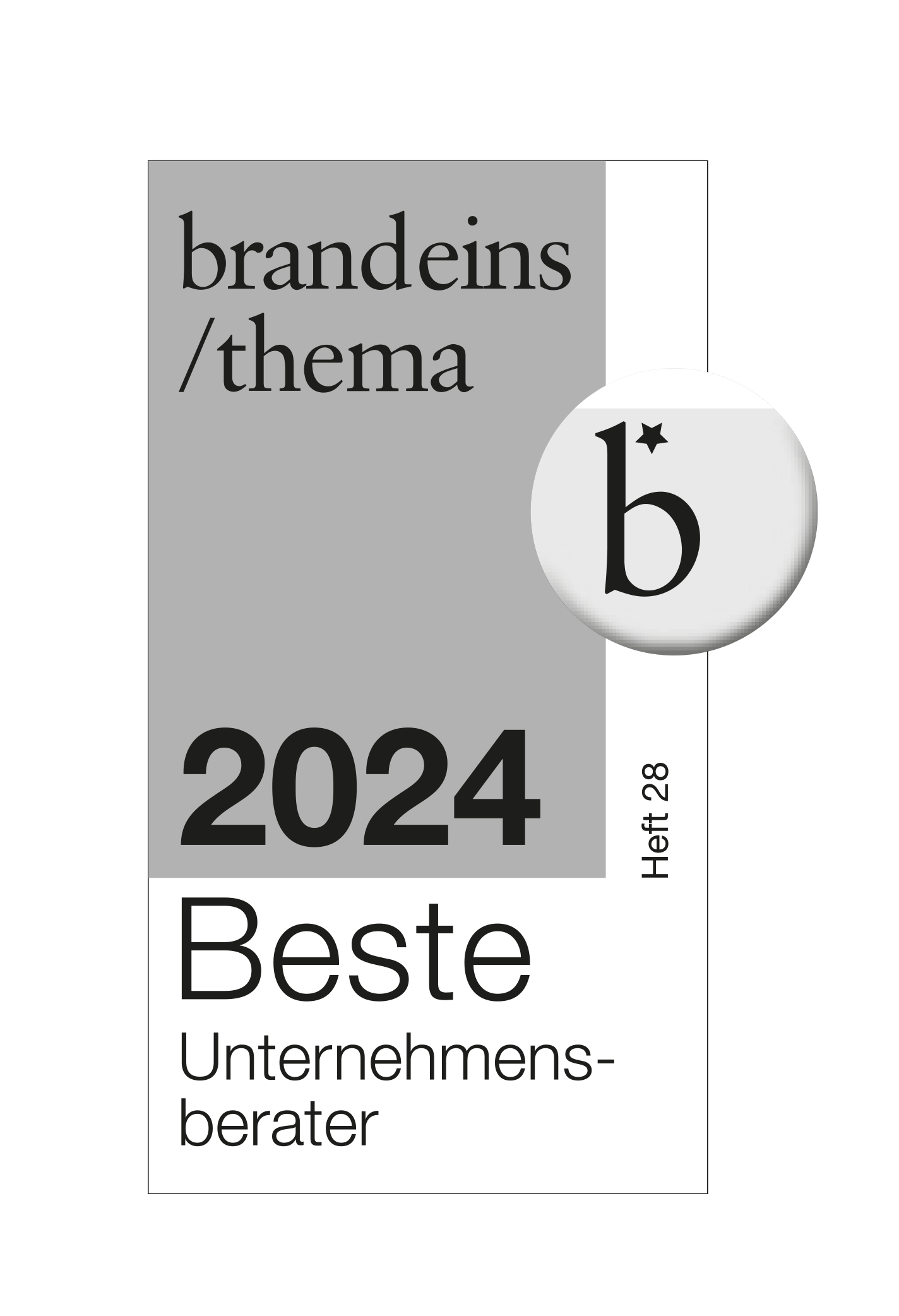Large language models such as ChatGPT are ushering in a new chapter in the AI revolution. But unlocking the industrial use cases will take some time.
Almost no other technological development — measured by the number of users — has achieved so much success in such a short time as ChatGPT. It took the system just five days to gain one million users. That took even market-leading companies and platforms years!
Transformer technology behind ChatGPT
For a fact, the media hype played a role: We all wanted to experience the language wonder whose capabilities strongly resemble science fiction tales. But there's no denying that the hype is partly justified. After all, ChatGPT has been able to strongly impress and convince old hands of AI. Rarely has the appearance been so convincing that the machine can understand human language and not only process it.
OpenAI — the company behind ChatGPT — has been relying on transformer technology for ages. GPT is the abbreviation of General Pre-trained Transformer. This technology can be assigned to the AI subfield of machine learning. In abstract terms, a transformer converts a given string into another string. In the course of an elaborate training process, the transformer learns to transform the most diverse language input into the required language output. The result is a large language model, which in the case of ChatGPT consists of 175 billion parameters!
Language models: Eloquence with weaknesses
However, the impressive examples from ChatGPT easily obscure the challenges that this transformer technology still has to face. We can identify considerable challenges in three areas: Reliability, lack of expertise and lack of analytical skills.
Transformer systems hallucinate as this is called in AI jargon. And ChatGPT is no exception to this. In spite of its impression performance, ChatGPT cannot provide fully reliable answers. If, for example, the same question is asked with the same content but slightly altered wording, it is quite possible to get a completely different answer, which may even be wrong in terms of content. More serious: The answer often sounds logical and is eloquently formulated. This makes it difficult for laymen in a field to detect errors.
The question remains whether this lack of reliability can be completely eliminated. Because despite all appearances, a transformer system does not penetrate the task or its context. It merely analyzes the semantic proximity of words and phrases using mathematical methods. Therefore, human verification remains indispensable in the end.
ChatGPT does not have no expert knowledge. This is also understandable. Because: As the name implies, ChatGPT should operate generally. This limitation will be especially noticeable in an industrial context where specialist knowledge for the successful use of a chat system is a prerequisite. But even more: ChatGPT — just like other transformer models — has no analytical capabilities. It can neither deduct nor derive. It does not have a world model. It cannot identify wider contexts.
Luminous - An alternative to ChatGPT
ChatGPT is not the only system for natural language processing. This is because transformer technology has been used for years in the field of natural language processing and image recognition. Nor is it necessarily the best system on the market. Depending on the context, a different system might be more beneficial. For example, in Germany, we also have a transformer-based, large language model from Aleph Alpha. The Heidelberg-based company's Luminous system can acquire expertise and incorporate it into answering questions. In terms of performance or size of the language model, Luminous is on the same high level as GPT-3 or ChatGPT.
Another feature of Aleph Alpha is that is designed in compliance with data protection. Unlike ChatGPT, Luminous neither saves nor uses dialogs, which are made with the system, for further training. And also unlike ChatGPT, Luminous creates transparency and explainability.
Conclusion
ChatGPT has not only generated hype but has also conjured up fears. Just as we have pleaded for more objectivity when it comes to opportunities, we do the same when it comes to perceived risks. Transformer systems will not steal our jobs. No AI system today — or in the foreseeable future — can replace humans. ChatGPT cannot consistently provide correct answers, write complex programming code or write articles without human intervention. Systems with artificial intelligence and machine learning will do what they have always done: Help us humans increasingly in many areas of our work and increase our productivity.


